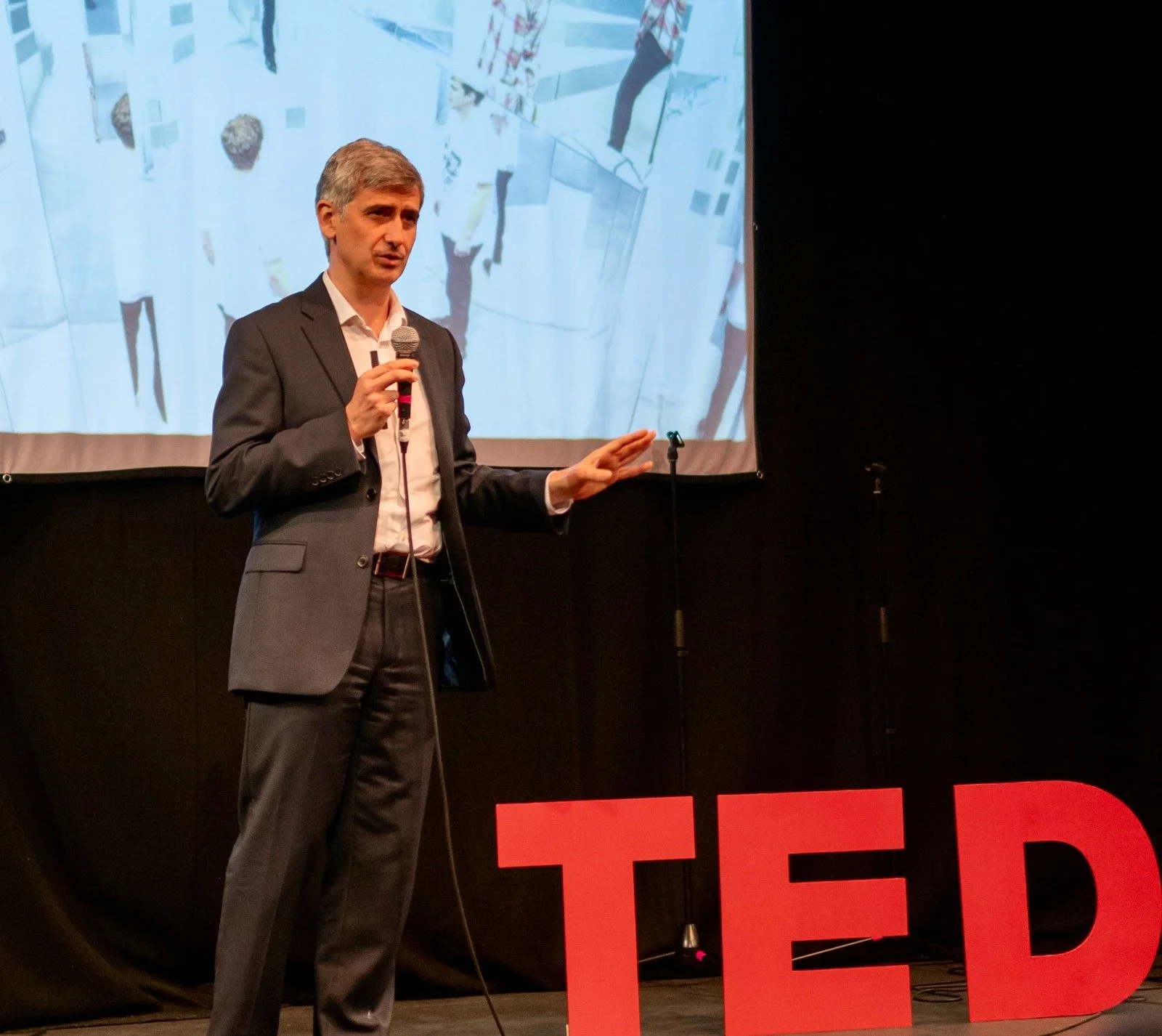Understanding and treating schizophrenias
What is schizophrenia? This question has driven my career since I started my training in 1999. The princeps of all psychiatric illnesses, as the Head of Department defined it on my very first day. I am far from answering the question, but what I learnt is that it is not an illness, but a syndrome with multiple causes and clinical presentations (schizophrenias). I am painfully aware that people diagnosed with schizophrenias die 20 years earlier than the general population and that our treatments are not always effective or well tolerated. Sometimes, medication can even cause paradoxical side effects that, studied carefully, might also tell us how the brain works. I also know that a decrease in motivation (apathy) is at the core for the long-term recovery, and we don’t know how to treat it.
Our activity centres around people with chronic schizophrenia(s), with its endless presentations and unmet needs. The clinical work, and source of knowledge, is at the local public mental health trust, the Cambridgeshire and Peterborough NHS Foundation trust (CPFT) through the Clozapine clinic and the Cambridge Psychosis Centre.
The research is at the Department of Psychiatry, University of Cambridge, with two main questions: What is schizophrenia(s) and how can we help the life of those diagnosed with it.
Our Vision In Action
Research projects - volunteer opportunities
This ambitious multinational and multicultural project aims to understand the motivational dysfunction in people with schizophrenia, using a set of scales, cognitive batteries and computer tasks.
Recruitment completed.
Read more here
This project is a collaboration with Amedeo Minichino (Oxford) to learn how intestinal flora ( bacterias in the gut) shape the symptoms of schizophrenia.
We are recruiting now.
Please contact here or join our newsletter.
RESTORE
This project aims to understand the role of the neurotransmitter glutamate in persistent psychosis. The testing is Lead by Prof Howes and conducted at the Institute of Psychiatry in Kings College London.
There are different studies (with and without imaging or medication). If you would like to hear more about this project, please contact here if you want to hear more or join our newsletter.
Other sites of interest
Cambridge Centre for Precision Psychiatry and Data Science
The team lead by Emanuele Osimo and Graham Murray aims to translate findings into clinical practice, for the benefit of people with lived experience of mental illness and the wider public.
Cambridge Psychosis Centre
Second opinion unit and research hub for chronic psychosis at the CPFT.
The Cambridge Oxford BioMind Lab
Functional genomics and immunogenetics at the brain-immune interface — identifying mechanisms, biomarkers, and therapeutic targets. Led by Mary-Ellen Lynall.
Add your pricing strategy. Be sure to include important details like value, length of service, and why it’s unique.









